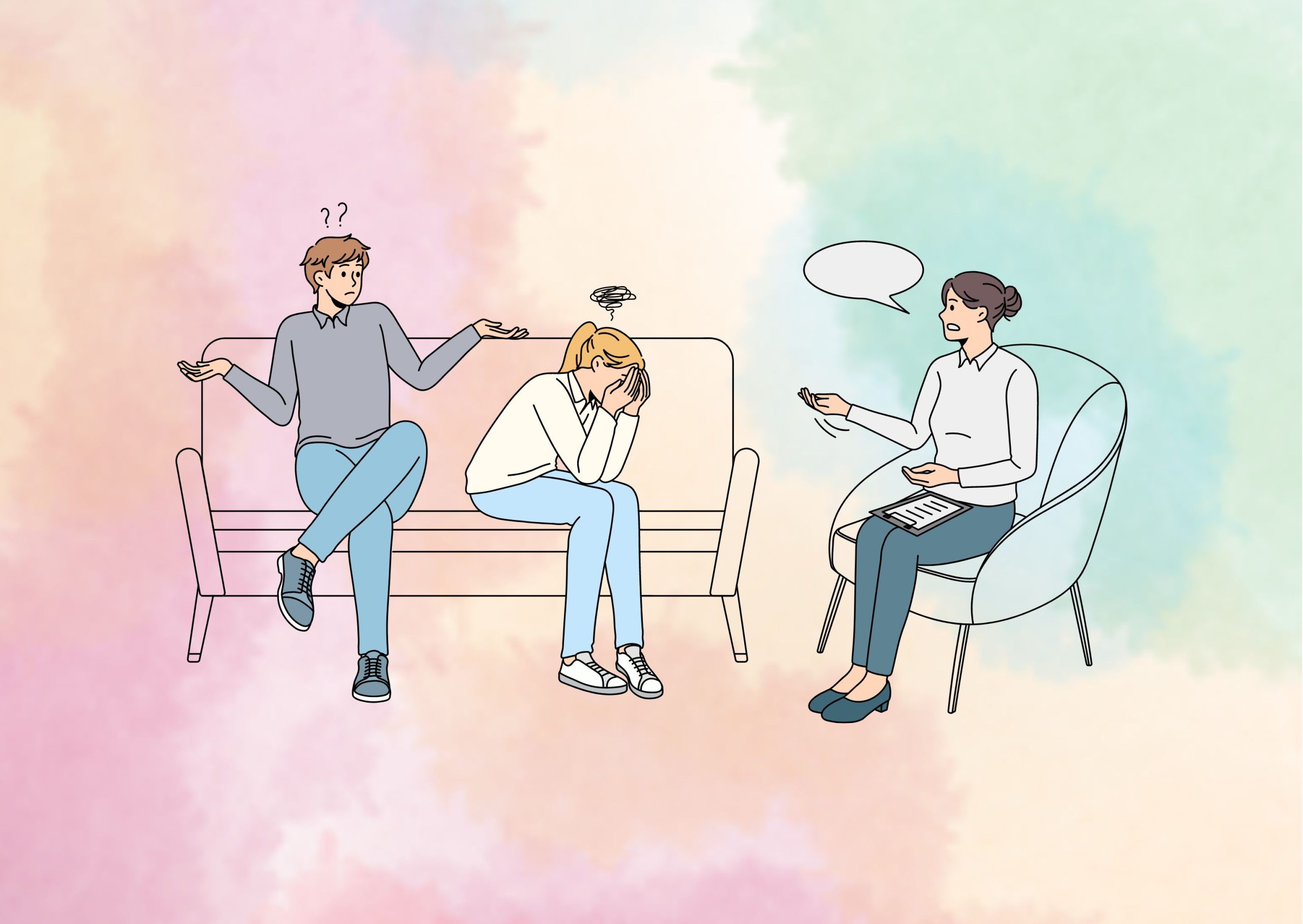10 Communication Strategies for Couples in Crisis
We’re living in a time where communication skills are more crucial than ever for couples facing crises. As a relationship expert, I’ve seen firsthand how effective communication strategies for couples can make or break a partnership. Whether you’re dealing with everyday stress or major life changes, the way we talk to our partners has a profound impact on our relationships. In this guide, we’ll explore practical techniques to help couples navigate difficult conversations and strengthen their bond.
Our journey will take us through understanding the root causes of communication breakdowns and learning active listening techniques. We’ll also delve into expressing needs and feelings effectively, which is key to emotional intimacy. Along the way, we’ll cover couples therapy exercises for communication and mindfulness practices that can transform how partners interact. By the end, you’ll have a toolkit of strategies to use in your own relationship, helping you and your partner face challenges together with greater understanding and compassion.
Understanding the Root of Communication Breakdowns
Communication breakdowns in relationships can happen to any couple, often creeping in when we least expect them. As a relationship expert, I’ve seen how these issues can cause havoc and potentially tear apart the very fabric of a couple’s connection. To address these challenges effectively, it’s crucial to understand the common triggers, the impact of stress and emotions, and how unresolved past issues play a role.
Common triggers
One of the primary triggers for communication breakdowns is the clash of different communication styles. When two people become a couple, they each bring their personal formula of communication to the table, and these formulas are often very different. This can lead to misunderstandings and frustrations, especially when partners are unaware of these differences.
Another common trigger is the buildup of resentment. If one partner harbors a lot of resentment, it can be difficult for them to listen to what their partner has to say. This negative attitude can cause tunnel vision, morphing normal conversations into what can seem like mocking discussions.
Busy professional lives and monotonous routines can also suffocate communication. Conflicting schedules, work stress, and the weight of other relationships can all pile up, leaving little room for heartfelt conversations with your partner.
Impact of stress and emotions
Stress has a profound impact on communication in relationships. When stress takes over, it’s easy to become a ticking time bomb, ready to explode on your unsuspecting partner. This stress spillover occurs when one partner experiences external stress, and the emotions associated with that stress are carried over into the relationship, impeding positive interactions and effective stress communication between the partners.
Emotions play a crucial role in how we communicate. When charged topics are discussed, one or both spouses may let their emotions, rather than rational thinking, take over. When that happens, it isn’t possible for either to communicate effectively, because the conversation becomes about each person’s reaction to the other’s emotional responses.
Unresolved past issues
Unresolved past issues can cast a long shadow over the present dynamics of a relationship, affecting everything from communication and trust to emotional intimacy. These issues often lead to a breakdown in communication as partners may find it difficult to express their needs, fears, or concerns, fearing that bringing up past conflicts will lead to more tension.
The weight of unresolved past issues can create emotional distance between partners. As unspoken tensions persist, individuals may withdraw emotionally to protect themselves from further hurt. This emotional distance can manifest as a lack of intimacy, a diminished sense of connection, and an overall sense of detachment in the relationship.
Moreover, unresolved past issues often set the stage for repeated patterns of behavior. If the root causes of conflicts are not addressed, couples may find themselves stuck in a cycle of similar issues resurfacing. This can lead to a feeling of being stuck, unable to move forward in the relationship.
Active Listening Techniques for Couples
Active listening is a cornerstone of effective communication strategies for couples. It’s not just about hearing the words; it’s about truly understanding your partner’s perspective. As a relationship expert, I’ve seen how mastering this skill can transform marriages and deepen emotional intimacy.
Practicing empathy
Empathy is the foundation of active listening. It’s about putting yourself in your partner’s shoes and trying to understand their feelings. When your partner is speaking, focus on identifying their emotions rather than just the content of their words. This approach helps you connect on a deeper level.
For example, if your partner is expressing frustration about their workday, instead of immediately offering solutions, try to recognize and validate their feelings. You might say, “It sounds like you’re feeling overwhelmed and unappreciated at work. That must be really tough.” This shows that you’re not just hearing their words, but you’re also attuned to their emotional experience.
Avoiding interruptions
One of the biggest barriers to effective communication in couples therapy is interruption. When we interrupt our partners, we’re essentially saying that our thoughts are more important than theirs. This can lead to feelings of resentment and create a breakdown in communication.
To avoid interruptions, try these couples therapy techniques:
- Use non-verbal cues: Nodding, maintaining eye contact, and giving brief affirmations like “mm-hmm” show you’re engaged without interrupting.
- Take notes: If you’re afraid you’ll forget your response, jot down key points instead of interrupting.
- Set boundaries: Agree on a “no interruption” policy during important conversations.
Reflecting and paraphrasing
Reflecting and paraphrasing are powerful tools in marriage communication counseling. These techniques involve repeating back what your partner has said in your own words. This serves two purposes: it ensures you’ve understood correctly, and it shows your partner that you’re actively listening.

